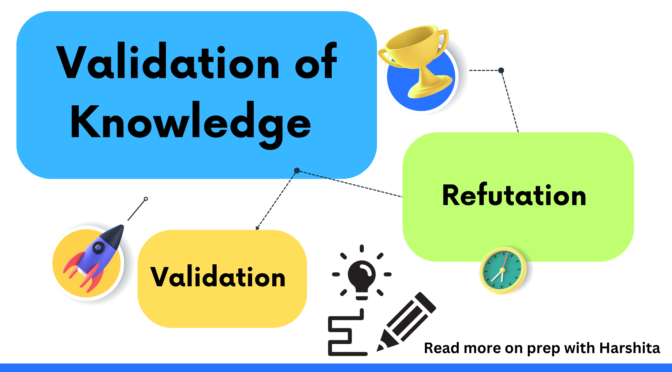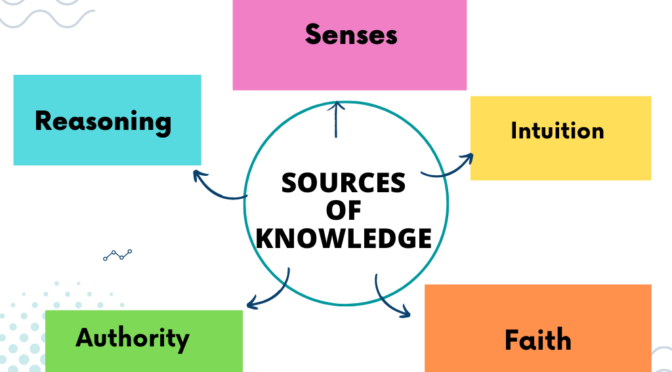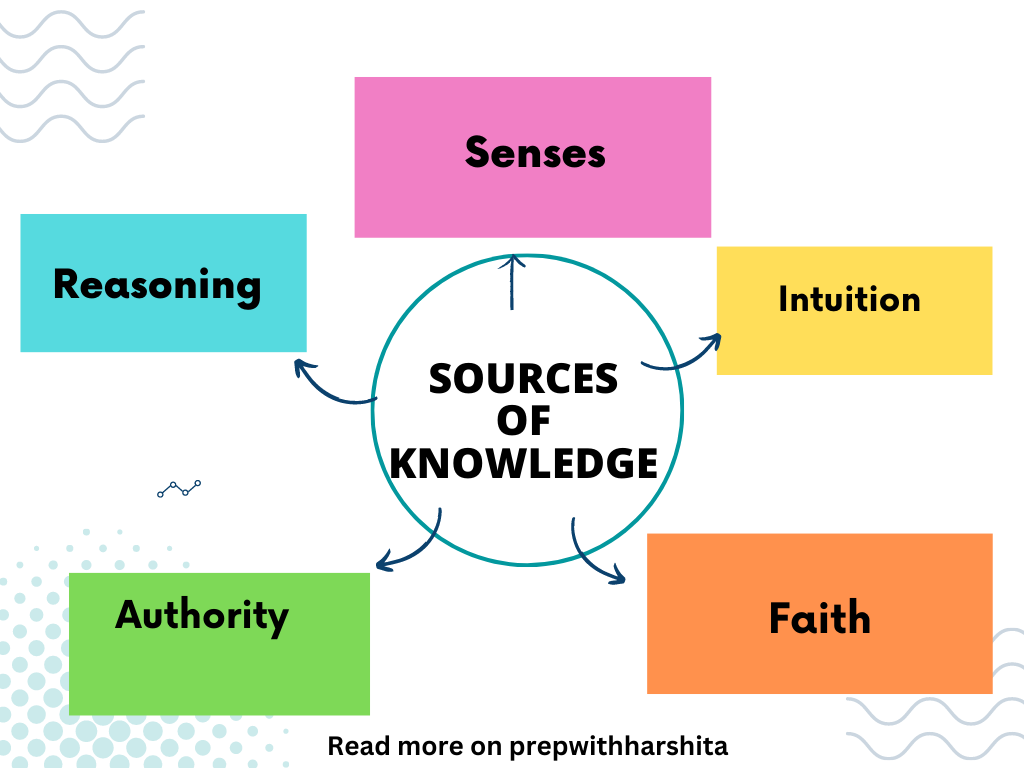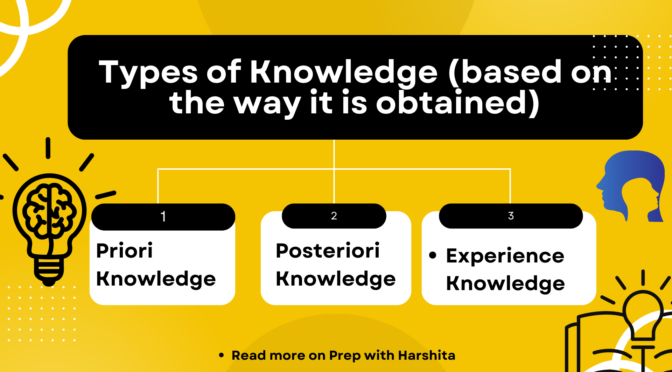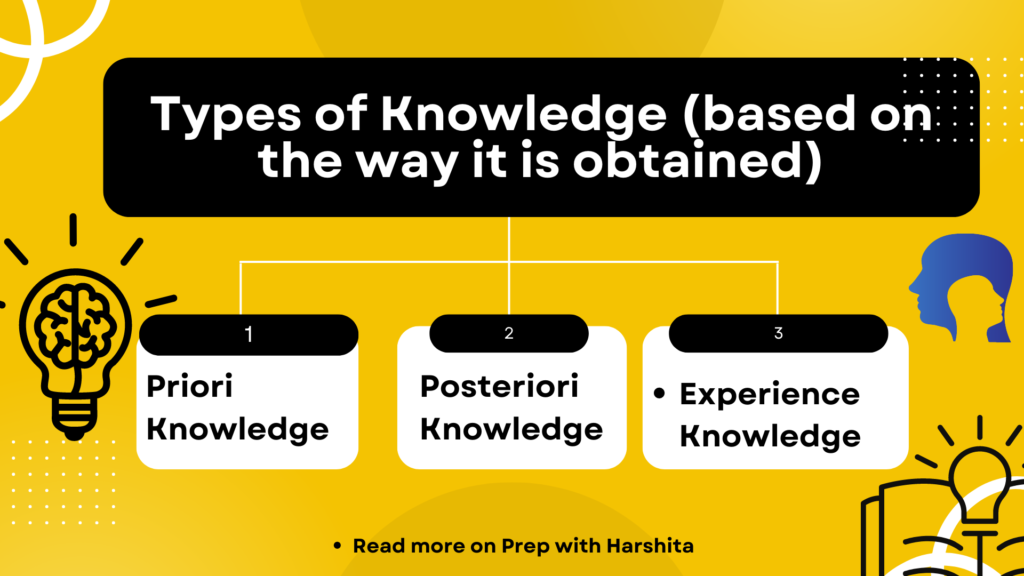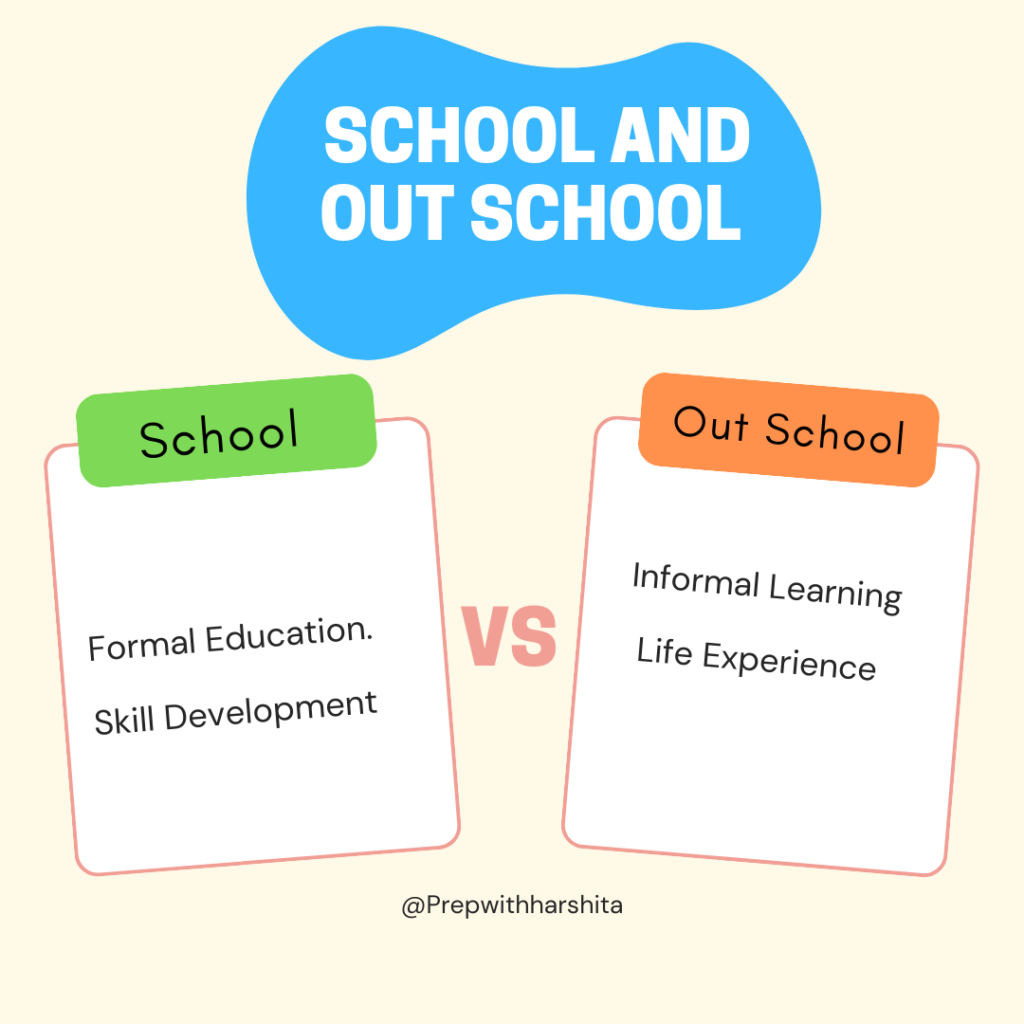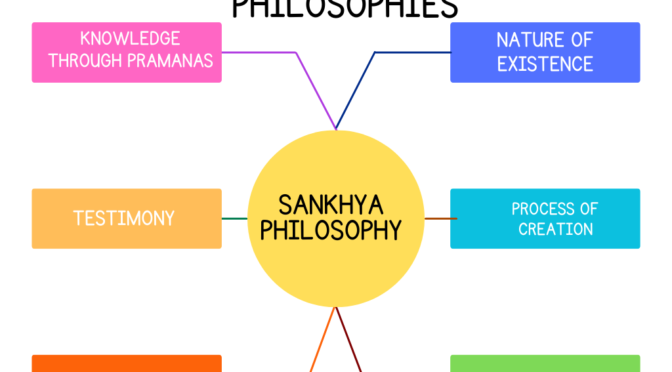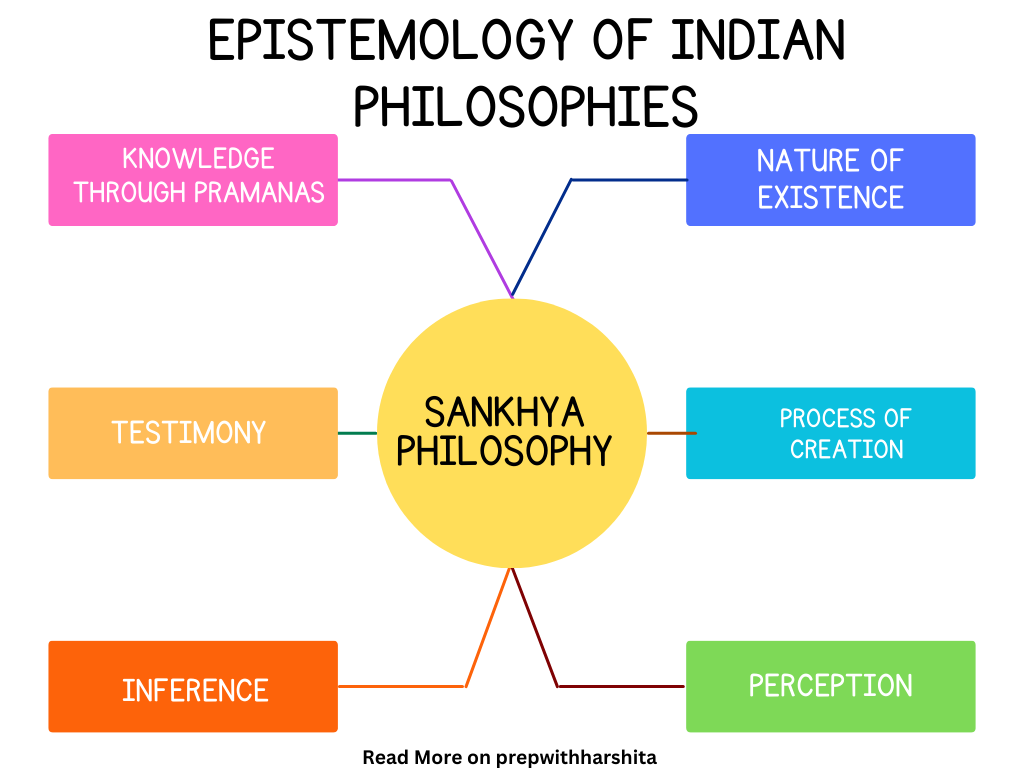Validation of knowledge refers to the process of assessing the reliability, accuracy, and credibility of information or beliefs. It involves critically evaluating the sources, evidence, and reasoning behind a claim or piece of knowledge.
There are several ways to validate knowledge, and here are some common methods in detail:
- Validation of Knowledge Verification: This refers to the process of assessing the reliability, accuracy, and credibility of knowledge or information. It involves various methods and criteria to determine the validity of a claim. Some key approaches for knowledge verification include:
a. Empirical Verification: This involves gathering empirical evidence through direct observation, experimentation, or data collection. It aims to test hypotheses or claims against real-world observations. For example, in scientific research, experiments are designed to validate or invalidate hypotheses by collecting and analyzing empirical data.
b. Logical Reasoning: Logical reasoning involves examining the coherence and consistency of the evidence and reasoning behind a claim. It assesses whether the premises logically lead to conclusions. Logical fallacies or inconsistencies in reasoning can indicate weaknesses in the knowledge.
c. Peer Review: Peer review is a critical process in academic and scientific research. It involves subjecting research papers, studies, or scholarly articles to evaluation by independent experts in the relevant field. Peer reviewers assess the methodology, data analysis, and conclusions to ensure they meet rigorous standards and contribute to the existing body of knowledge.
d. Cross-referencing and Corroboration: Cross-referencing involves comparing information from multiple independent sources to verify its consistency and accuracy. If different reputable sources converge on the same knowledge or claim, it increases confidence in its validity. Corroborating evidence from different sources strengthens the overall credibility of the knowledge.
e. Expert Consensus: Expert consensus refers to the collective agreement or endorsement of a particular body of knowledge by a community of experts in a specific field. It is established through rigorous debate, analysis of evidence, and extensive peer review. Expert consensus signifies the accumulated knowledge and expertise of qualified professionals, adding credibility to the knowledge. - Confirmability: Confirmability is a concept primarily used in qualitative research and is concerned with the objectivity and transparency of the research process. It focuses on establishing the trustworthiness and dependability of the findings. Key aspects of confirmability include:
a. Auditability: Auditability refers to the ability to trace the research process, including data collection, analysis, and interpretation. Detailed documentation and records are maintained to ensure that the research can be reviewed and verified by independent researchers.
b. Data Triangulation: Data triangulation involves using multiple sources, methods, or perspectives to collect and analyze data. By drawing on diverse data sources or employing different analytical techniques, researchers can enhance the reliability and confirmability of their findings.
c. Reflexivity: Reflexivity involves acknowledging and addressing the potential biases and preconceptions of the researchers that may influence the research process and findings. Researchers reflect on their own assumptions and values to minimize bias and enhance the objectivity of the research.
d. Peer Debriefing: Peer debriefing involves seeking feedback from colleagues or experts in the field to validate the research process and findings. These external perspectives help ensure the credibility and confirmability of the research. - Refutation: Refutation involves challenging or disproving a claim or knowledge by presenting counter-evidence, logical inconsistencies, or alternative explanations. It is an essential component of critical thinking, scientific inquiry, and scholarly debate.
The process of refutation involves:
a. Critical Analysis: Refutation requires a critical analysis of the evidence, reasoning, and assumptions behind a claim. This involves identifying weaknesses, errors, or gaps in the argument or evidence provided.
b. Counter-Evidence: Presenting counter-evidence that contradicts or undermines the original claim is a common approach in refutation. The counter-evidence should be based on reliable data and logical reasoning.
c. Logical Fallacies: Refutation often involves identifying logical fallacies in the reasoning behind a claim. Common fallacies include circular reasoning, false analogies, and ad hominem attacks. Identifying these fallacies helps expose flaws in the argument.
d. Alternative Explanations: Refutation can also involve presenting alternative explanations or hypotheses that better account for the available evidence. By proposing alternative perspectives, researchers aim to demonstrate that the original claim is less plausible or convincing.
Overall, the validation of knowledge verification, confirmability, and refutation are critical processes for establishing the reliability, credibility, and accuracy of information or beliefs. They involve rigorous evaluation, critical thinking, and the integration of multiple perspectives to ensure that knowledge is well-founded and trustworthy.
Also Read: Sources of Knowledge
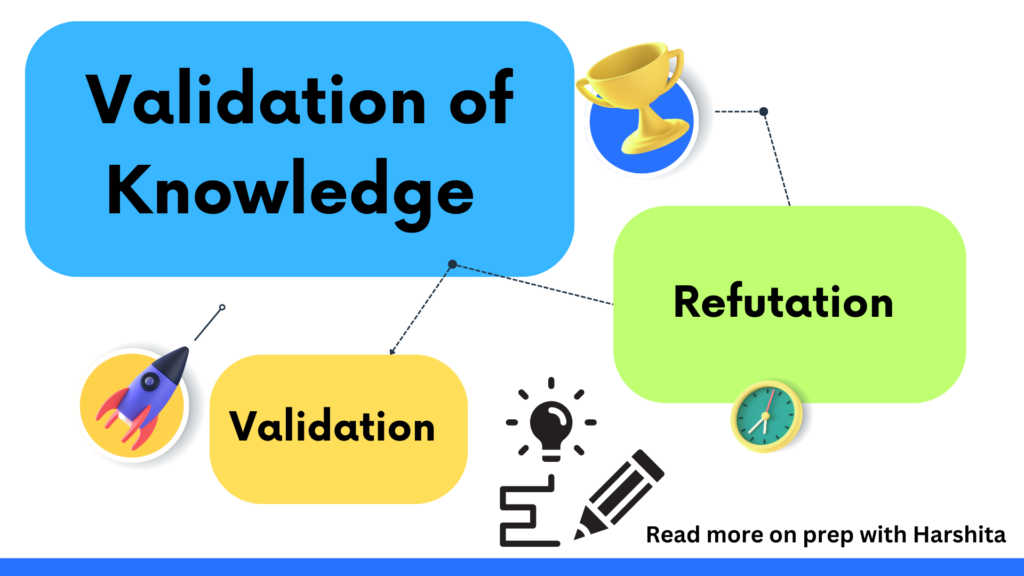
Also Visit: Prep with Harshita

